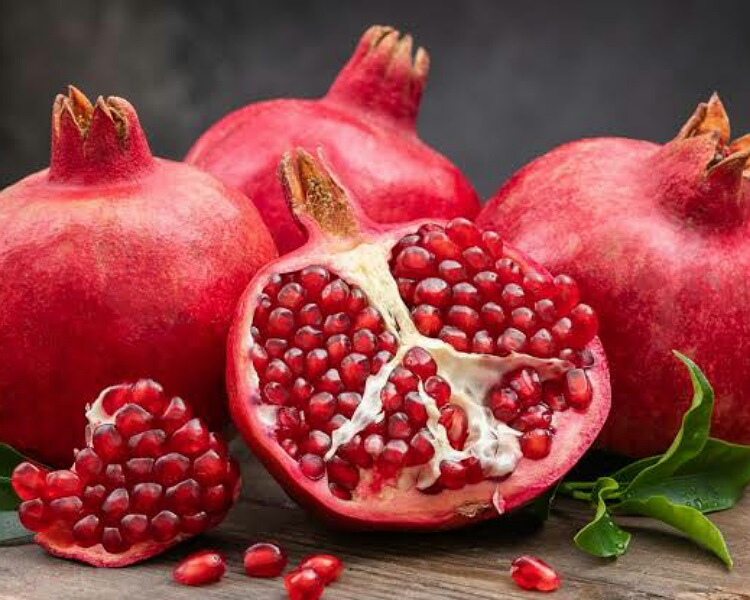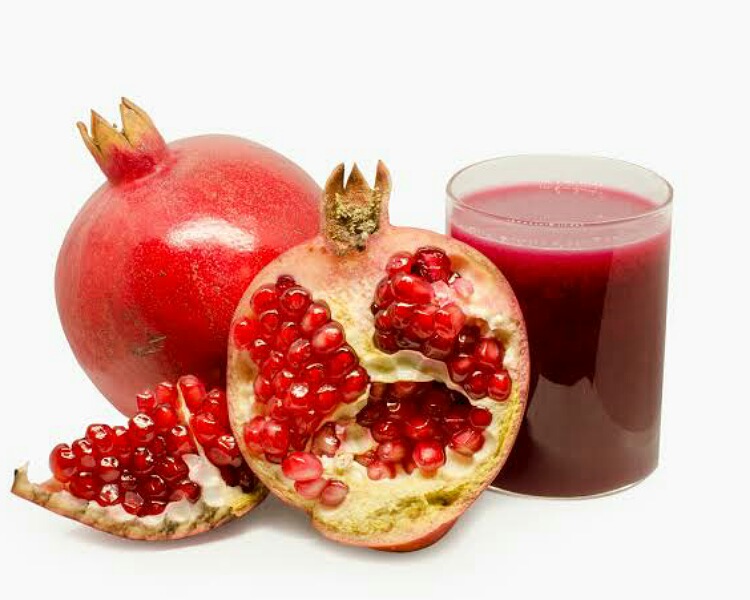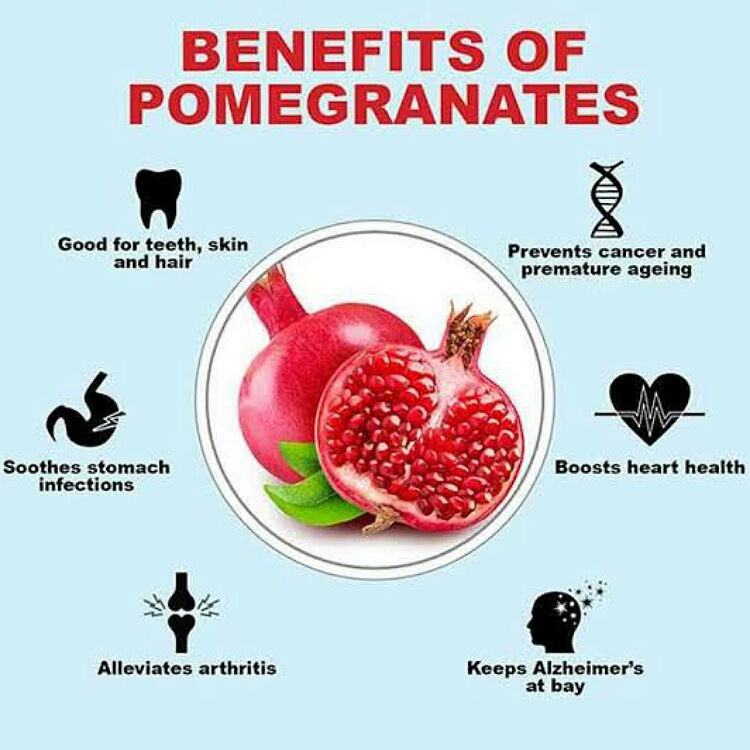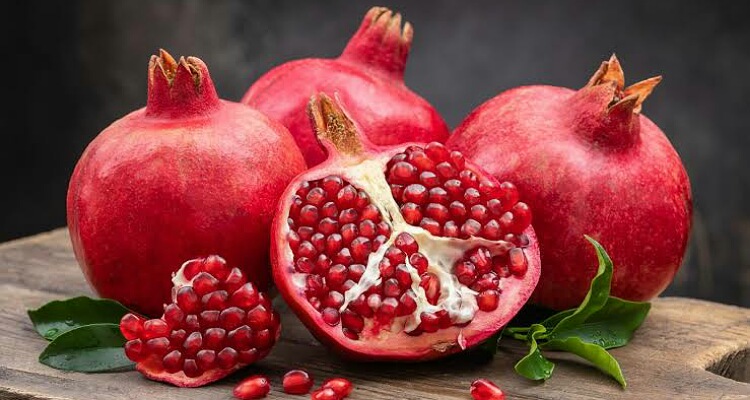A lot of myths are associated with the pomegranate fruit. But the fact is that the seeds of pomegranates have several health benefits.
Consuming them confers these benefits to our body and keeps it fit and strong.
Pomegranate fruit
Pomegranate fruit grows on a deciduous shrub and originally belongs to the Mediterranean region. There are a lot of Greek mythology legends with its name. People named it the fruit of death.
Because in the tale of Hades and Persephone, Hades used this fruit to lure Persephone and take him to the underworld. Additionally, it is associated with Aphrodite. Therefore it has become a symbol of fertility.

The scientific name of this fruit is Punica granatum. It is a seasonal plant that grows and bears fruit from October to February. This is in the Northern hemisphere.
But in the Southern hemisphere, this happens from March to May. The fruit is red-and purple. Moreover, the outer pericarp is tough and the inner layer of it is softer and called the mesocarp.
Seeds attach to the mesocarp that penetrates inside the fruit like a membrane to form asymmetrical chambers containing seeds.
The seeds have surrounding transparent pulp that is juicy. It has a low pH of 4.4 and hence a sour taste. It is high in polyphenols that can stain fabrics red in color. The pigment is mainly anthocyanins and ellagitannins.
Fruit and its nutritional values
Pomegranate is enriched with nutrients and powerful antioxidants. It is low in calories and fats, has some proteins, and is rich in minerals, vitamins, and fiber.
One fruit of pomegranate weighs around 282 grams and has 234 calories. The protein content is 4.7 grams and fats comprise 3.3 g. Carbs from 52 g and 38.6 g are sugars.

Fiber is 11.3 g and calcium and iron are 28.2 mg and 0.85 mg respectively. Magnesium, phosphorus, and potassium content are 33.8 mg, 102 mg, and 666 mg respectively. There are 28.8 mg of vitamin C and 107 micrograms of folate.
Health benefits of pomegranate
The seeds of the fruit are called arils. These are full of antioxidants. Dietitian Lauren Manaker explains:
“Things like stress and environmental pollutants can generate free radicals, which may play a role in the development of unsavory health outcomes over time,”
“Including antioxidants in your diet can help combat the oxidative stress your body experiences due to the free radicals. Pomegranates contain compounds with antioxidant activity, which may help support your overall health. An in vitro study at UCLA found that POM Wonderful 100-percent pomegranate juice has more antioxidant potency than red wine, Concord grape juice, or green tea, on average.”

The fruit arils provide nutrients for muscle function. Their rich potassium is useful in this:
“Pomegranates are a source of potassium, an important electrolyte for healthy muscle function,”
“One 8-ounce serving of pomegranate juice has as much potassium as your average banana.”
More on health benefits of the arils
Those consuming pomegranates regularly get a feeling of fitness. Lauren adds:
“The antioxidants in pomegranates and in pomegranate juice may help increase nitric oxide bioavailability by protecting it from breaking down,”
“Nitric oxide helps your body get the oxygen and nutrients it needs for exercise.”
Read more here Vitamin B12: Function and rich food sources
The fruit satisfies our sweet cravings without raising blood sugar. Talking about this, Lauren states:
“It is recommended that people limit their added sugar intake to help reduce the risk of many unwanted health outcomes,”
“Pomegranates offer a sweet taste with no added sugar, making it a satisfying snack for people with a sweet tooth.”
